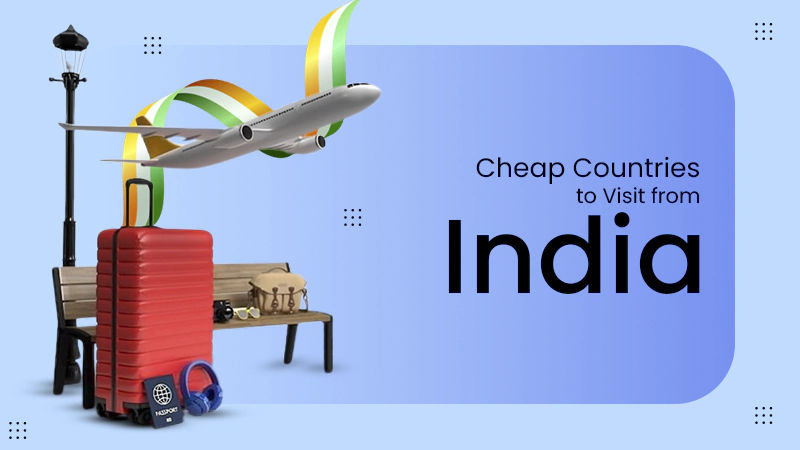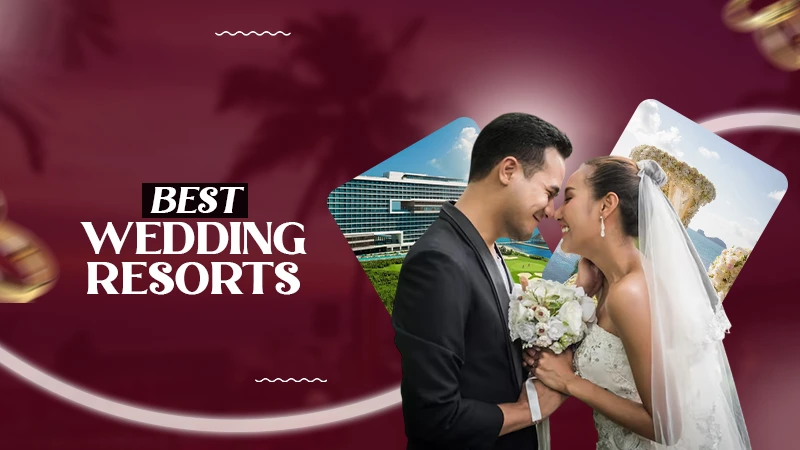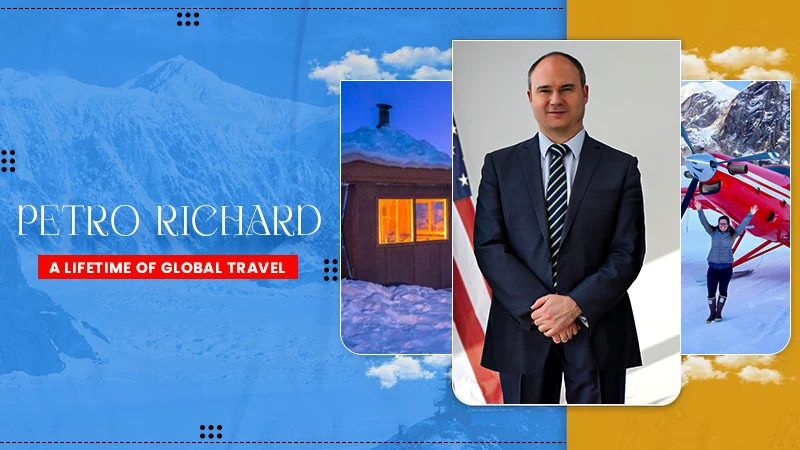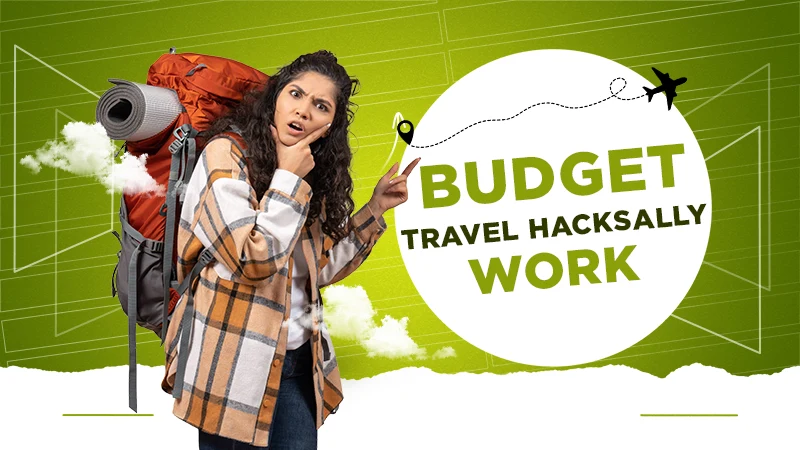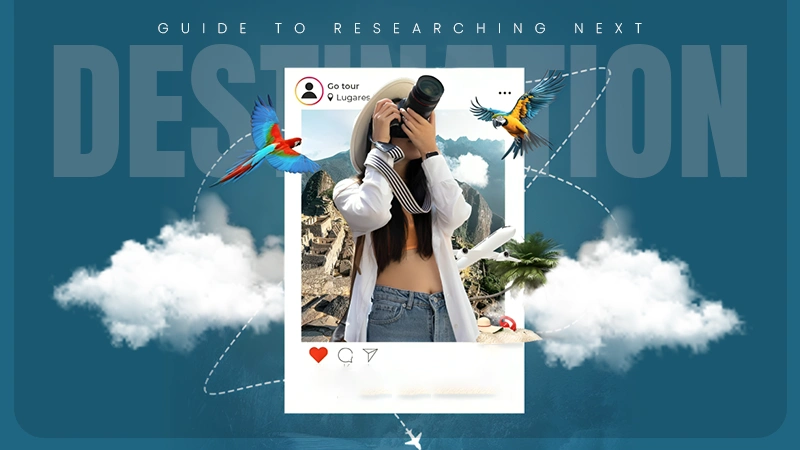
As a traveler, I can say, there is a deep satisfaction that comes when you first arrive in an exotic location. You know what you are getting into, but you always remain open to the unexpected. This is what informed travel is about: more quality time available to enjoy without unnecessary worry or stress.
For anyone going on a trip, comfort and doing research will be a huge investment. Pre-trip planning ends up increasing overall trip satisfaction. This guide, written from the perspective of a travel freak!
An explorer preparing to have an amazing vacation suggests the steps to take to get from dreaming about a location to a true execution of a plan you can be excited about. There’s no doubt that the more I know before traveling, the more enriching my experiences get.
KEY TAKEAWAYS
- Researching is the first step you should take as a beginner.
- Use online platforms and digital tools to gather information.
- Take help of a simple plan before heading towards the destination.
Why Researching Your Destination Matters
As a destination explorer, I’ve learned that the difference between a usual trip and a great trip is in the preparation. Many people arrive in a new city and, unfortunately, find out that a primary attraction is closed or the public transport signage is confusing. A small snag can turn our excitement into stress.
Imagine a visit in which every finest restaurant, local trail, and cultural detail is at your fingertips. Engage in research to build foundational knowledge that allows the spontaneity to be even richer and rewarding.
Make sure this time you spend time capturing another incredible moment, not standing in a queue and waiting.
How to Gather the Basics About a Place
The first step in any adventure is to get the lay of the land — literally. My process begins with an online sweep, utilizing unique websites to capture the important statistics and geography.
When I begin a search on a new place, let’s say planning a trip to Kyoto, Japan, I rely quite a bit on effective research. Knowing how to query and how to work with Search algorithms is key.
Ask, for example, “Kyoto weather in October” is better than asking, “Kyoto trip.” Look for key information. This initial, primary groundwork is specifically meant to create the logistical groundwork. I know what adapter I need, the currency, and what to see upon arrival.
Finding Real Traveler Experiences
Actively seeking reliable content and avoiding paid posts are where the real gems lie in authentic reviews. It specifically looks for travel blogs and forums that show dedication to high-quality writing and sourcing.
For online verification, look for travel guides or destination content that is clearly promoted with ethical link-building practices, like white hat link building services . The higher the review standards that content providers maintain, the more trust you can have in their recommendations. A careful review of a small trattoria in Rome is more valuable than a quick, unverified comment.
That comment may suggest that you might’ve gotten a pasta recommendation from some popular influencer.
My Experience:
A Case StudyOnce I was researching a trip to Lisbon and stumbled upon a small blog post detailing a local cafe. The writer mentioned a specific blue tile marking its location. On arrival, I was wandering around until I was finally able to spot the blue tile. — It is the best pastel de nata I’ve ever had.
Checking Safety, Costs, and Local Rules
Safety and budget are the two cornerstones of staying comfortable while you travel. Always prefer a dedicated time frame to research the official travel government advisory. Get to know about common scams, areas best to avoid after dark, or general preventive health precautions.
Additionally, do some research on the cost of being in a given destination in comparison with the home city. Are local meals affordable? What is a taxi ride likely to cost? This way, one won’t be caught flat-footed when receiving the restaurant bill.
Making a Simple Plan Before You Go
The idea is for research to lead to a simple, actionable plan, not an inflexible, minute-by-minute schedule. I strategically construct a flexible, “first 48 hours” plan based on the information I gather, which includes:
- A confirmed transportation option from the airport.
- A written confirmation of where I will stay, including the name, address, and local phone number.
- Two nearby, high-quality, well-reviewed, and inexpensive restaurants.
- One “must-visit” destination for day one.
For beginners, it might be overwhelming to deal with terrible travelling experiences. Ultimately, spending time gathering or conducting research about the destination, and verify through the editorial standards. These measures are the keys to experiencing an uninterrupted journey.
How much time should I spend researching for a two-week trip?
Dedicate a minimum of 2 to 4 hours of focused research.
What is the best way to find local food recommendations?
You can use platforms like Reddit, Threads, or regional food blogs with the help of a translation tool.
Should I book all my activities in advance?
Yes, it is generally great to book high-demand activities in advance.
How can I check if my debit card will work in a foreign country?
Always contact your bank before travelling to check the credit card services.

